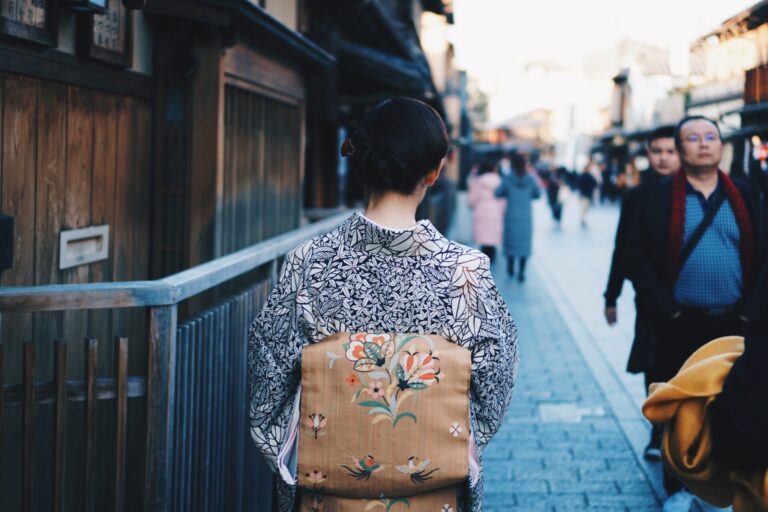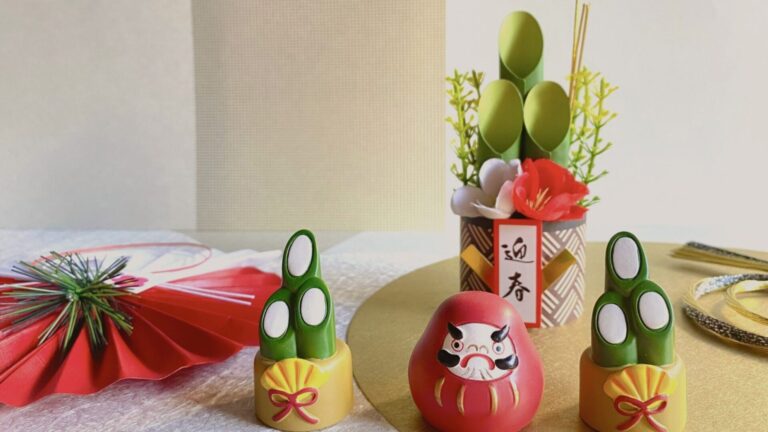Ever since I have learnt the huge environmental impact that the fashion industry creates, I am being very careful what to buy. I mostly buy second hand and discovered that there are so many choices in second hand and vintage clothing. I also try to make clothes and shoes last for a long time.
I bought a pair of sneakers 5 years ago from Veja. It is a pair of white sneakers and I love them so much, but it started to wear out. The soles are damaged and uneven. The color is becoming yellowish.
When the shoes were worn out, I used to just get a new pair. I thought it would be cheaper if I just got new ones. We can find cheap pairs of shoes online or in shops. But when I think about the environmental damages caused by the amount of clothes and shoes that we throw away each year, I needed to find alternatives to throwing them away.
I decided to repair them.
Why repairing should be the future of business
In business, companies earn money when they produce products. More they sell, the more they earn. It is hard to think of business without producing and selling more items. But when we think about how much damage the current business structure causes to the environment, we need to find alternatives if we want to conserve this beautiful earth.
When the goods were scarce, people repaired our belongings when they were broken. Now we live in abundance, we stop repairing and just buy new ones. It is time for businesses to bring back repairing.
Learning to take care of objects from Japanese culture
Traditionally, we used to be very good at taking care of objects in Japan. Our animist tradition considers that objects and nature have a spirit. This tradition still exists in contemporary Japan. Spirits can be found in nature as well as in everyday objects that we use. That’s why we don’t take them for granted.
What are the proofs that non-human things have a soul? We can’t really provide a rational explanation. But by thinking that things and nature also possesses a soul changes our behavior. We, humans, treat things with respect if we believe that they also have a soul.
Like the objects inherited from your grandparents. We believe that their souls stay with those objects, so it’s hard to throw them away, right?
We can also strangely attach to things that we use everyday. I had used my last computer for 7 years. The system was old and it has become really slow. It was time to change it to a new one, because I needed a fast computer for my work.
I was excited to get a new latest computer, but at the same time, sad to say goodbye to the old one. It was part of my life for 7 years. It felt like saying goodbye to a really good friend (I actually kept it just in case my new one had a problem).
With my sneakers that I fixed, I also see a spirit in them. It was a birthday gift from my family, so I do feel their love when I wear them. I also see them as a walking partner with whom I went to many places together. By fixing them, they still stay in my life.
Culture of Mottainai
“Mottainai” literally means “wasteful” in Japanese. When we are about to throw out something that we can still use, this word “mottainai” comes to my mind.
This word actually comes from Buddhism, meaning “ it is regrettable to lose something’s original value.“ It does happen that things and objects lose their original values with time, but we should do everything we can to delay it.
Our appreciation for daily objects comes from the Buddhist idea that we are kept alive because of the existence of things that surround us. We shouldn’t take them for granted.
Next time you think about throwing away your belongings, I want you to think about how regrettable that these objects lost their original value, so you need to part away.
If you can feel “mottainai,” then you might find a way to prolong the value of these objects a little longer.







